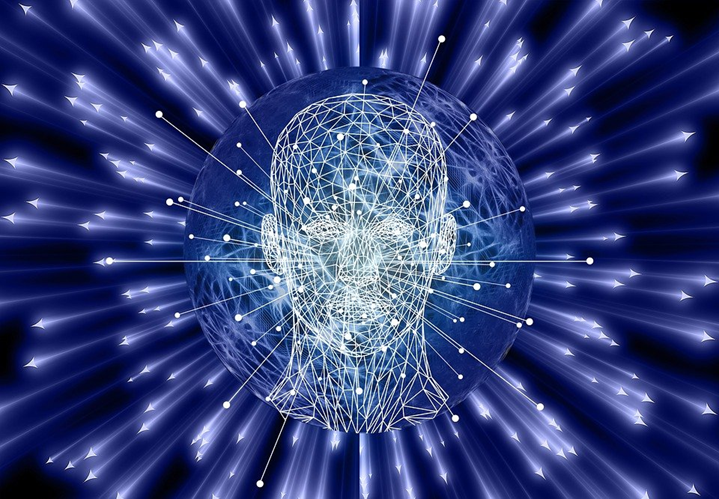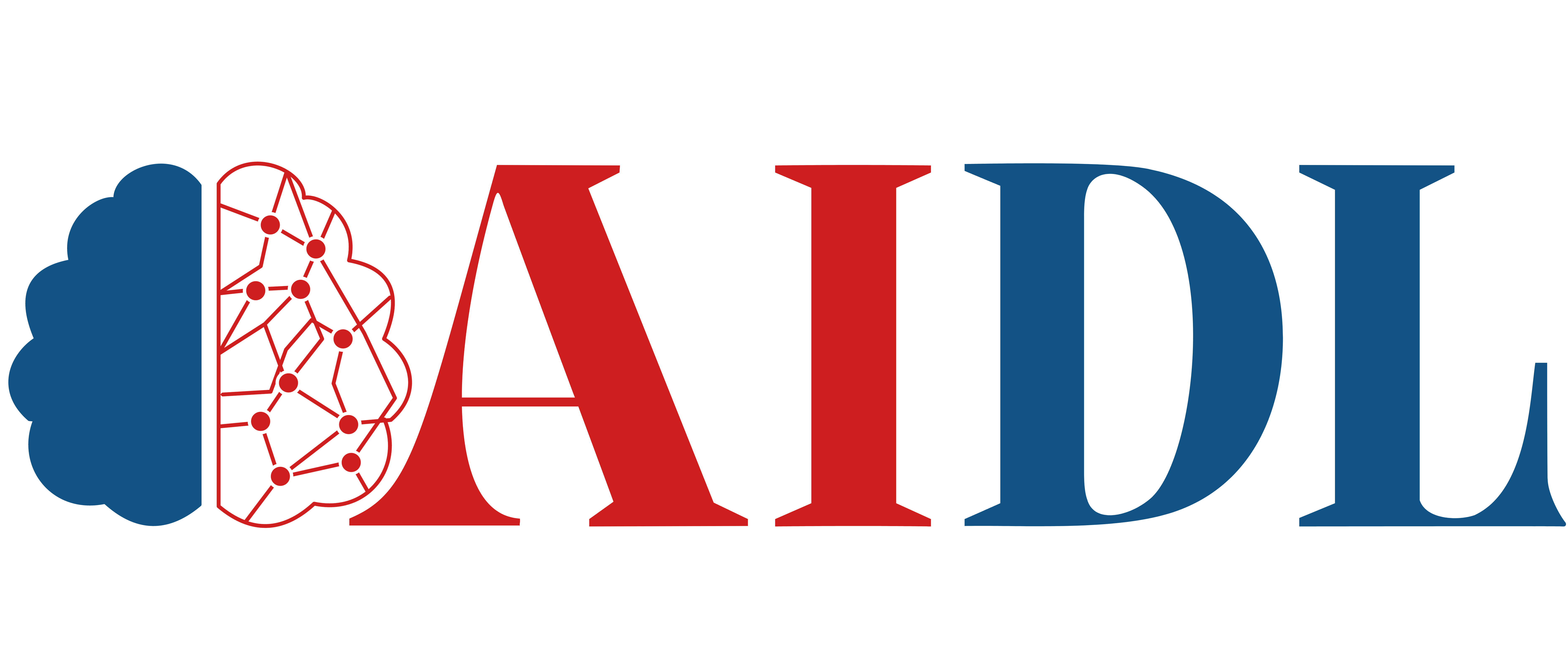
Neural Networks and Deep Learning
AIDL_A02
Description
Big businesses around the globe (Google, Facebook, NVIDIA etc.) use Artificial Intelligence – AIalgorithms in order to address their major challenges. For example, healthcare professionals use AI to perform more accurate, faster diagnoses in their patients. Retailers use it to offer personalized shopping experience in their customers. Automotive companies use it to make vehicles, transportation and delivery services safer and more efficient. Deep Learning is a powerful AI approach which makes use of Artificial Neural Networks – ANN comprising multiple layers in order to provide increased accuracy in fields of object detection, speech recognition and language translation. Using Deep Learning, machines are able to learn and recognize patterns, without human intervention,from data which are considered too complex. The aim of the course is the study and analysis of Deep Learning models and methods as well as their application in various fields, such as Computer Vision. In this course, students will first examine state-of-the-art technologies whilst next they will learn to apply, train and improve their own Deep Neural Networks, making especial focus on image recognition. The notes as well as the proposed exercises, are based on the teaching material and suggestions which have been developed for this purpose by the NVIDIA Deep Learning Institute (https://developer.nvidia.com/teaching-kits).
Syllabus
- Introduction (Deep Learning Applications)
- Linear/ Logistic regression
- Gradient Descent
- Neural Networks (Forward & Backward propagation)
- Optimizations Algorithms (SGD, Adam, RMSprop)
- Hyperparameter optimization, Batch Normalization, Regularization, Overfitting
- Convolutional Neural Networks (CNNs)
- Image Classification, Object detection, Image Segmentation, Style Transfer
- Data Augmentation, Transfer Learning
- Recurrent Neural Networks (RNNs), Long-Short Term Memory (LSTM)
- Natural Language Processing, Image/Video Captioning
Assessment
This course is using project-based assessment. Students are asked to complete an individual project on the following (indicative) topics, and their grade (100%) is based on the level of completeness, algorithm performance and documentation of the solution:
- Hand-written digits classification
- Image classification (ImageNet dataset)
- Text generation
- Sentiment Analysis
- Style transfer
Learning Outcomes
- Analyze how major global businesses employ Artificial Intelligence (AI) algorithms and appraise their influence on tackling substantial challenges across various industries, including healthcare, retail, and automotive.
- Create and train Deep Neural Networks (DNNs) using Deep Learning techniques, with a specific focus on image recognition, showcasing proficiency in designing and implementing AI models.
- Apply cutting-edge Deep Learning technologies and methods to practical situations, especially within the realm of Computer Vision, and evaluate their efficacy in recognizing patterns and addressing problems.
- Evaluate Deep Learning models rigorously in tasks like object detection, speech recognition, and language translation, employing suitable evaluation criteria and metrics to assess their accuracy and efficiency.
- Synthesize your understanding of Artificial Neural Networks (ANNs) and Deep Learning concepts to craft advanced AI solutions capable of autonomously learning and recognizing intricate patterns within data.
- Innovate by delving into and adapting state-of-the-art Deep Learning techniques and models to tackle emerging AI challenges, demonstrating the capability to introduce fresh solutions and enhancements across diverse application domains.
Course Features
Course type: Major
Semester: 1st
ECTS: 6
Duration: 13 weeks
Courses: In class lectures + online
Language: English
Assessment: Project based

Instructor
